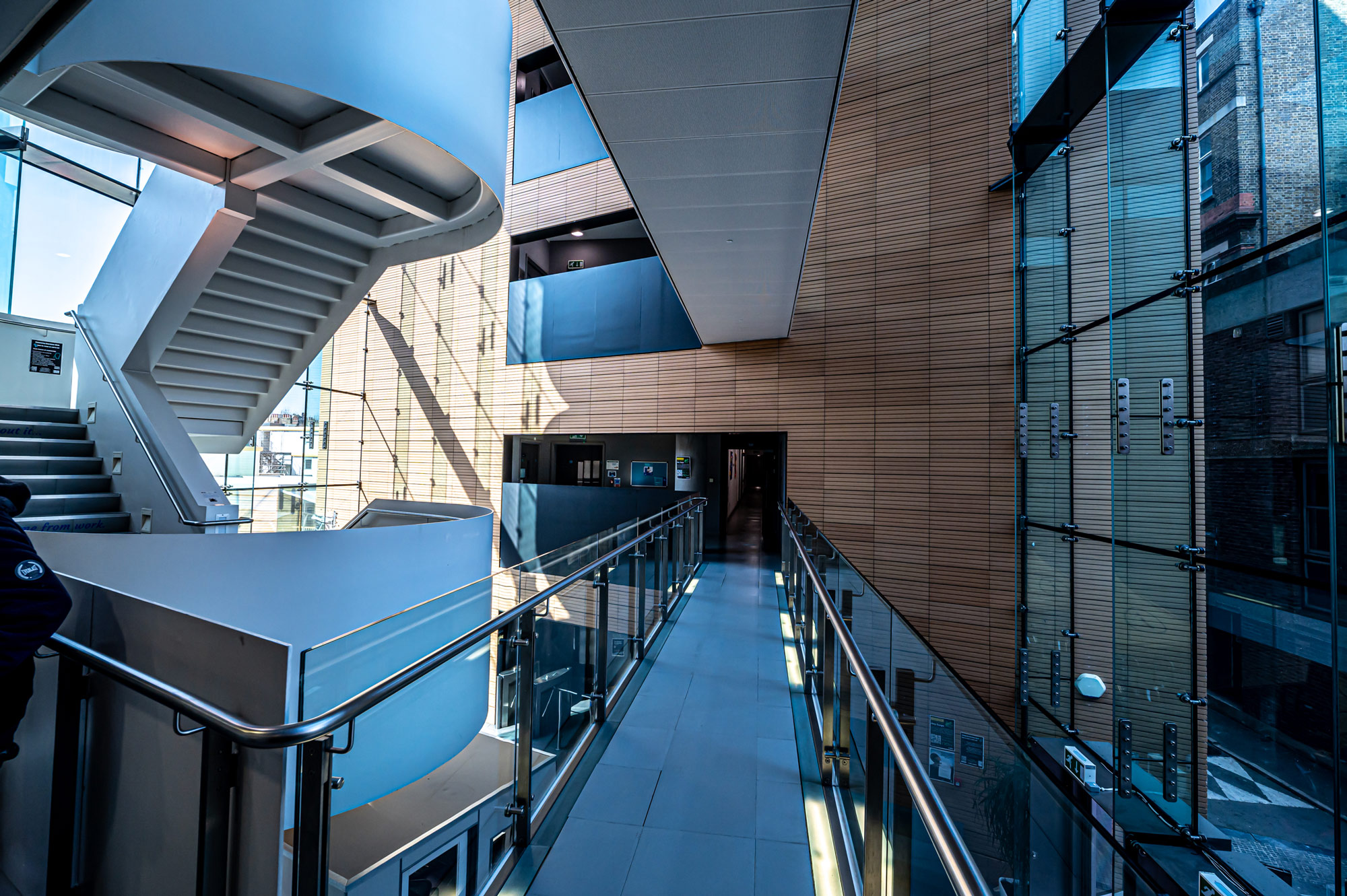01 Jun 2026 (Available)
Apply by: 04 May 2026
Semester 2
Online
01 Jun 2026, 08 Jun 2026, 15 Jun 2026, 22 Jun 2026, 29 Jun 2026, 06 Jul 2026, 03 Aug 2026 (Summative Assessment), 24 Aug 2026 (Resit)
Course overview
In this module we explore the fundamentals of childhood and teenage cancers including the science behind them. Covering the patients’ journey from pre-diagnosis, throughout different treatment modalities and beyond. We discuss the tools to help a family navigate through their treatment and how the multi-disciplinary team helps to facilitate this with a holistic patient centred approach.
The management of treatment and its side effects are analysed and application to practice will be debated. The content covers patients from 0-17 years old and students will be from all areas of clinical practice across the UK working with children and teenagers with a cancer diagnosis. The majority of the content is delivered online live, to enable access to paediatric and TYA oncology education to students who are further afield, with an optional onsite day.
Available as a standalone module: Yes
Attendance: (Please note, this is subject to change for future intakes)
Dates: For attendance information, please see the top of this page. Please note, if the module is full or closed for the intake(s) this academic year, dates may not appear.
Venue: Hybrid (online and optional onsite day)
Typical intake(s): Semester 2
Career Benefits
It is essential that those working in the children and young people’s cancer setting have the knowledge and skills to enable them to provide a safe and optimal standard of holistic care. This module offers CPD for practitioners in health and social care who interact with children and young people with cancer and their families. The module therefore allows students to develop their current practice and prepare for future roles, supporting their employability and career progression.
Assessment
- Element 1 - Practice based competencies.
- Element 2 - Presentation.
Both elements of assessment must be passed to pass the module.
Assessment/submission date: TBC (presentation) - students must ensure they are able to attend at least one of these assessment dates before they apply for the module.
Learning Outcomes
Knowledge and Understanding:
- Demonstrate an understanding of the basic pathophysiology and aetiology of childhood cancers.
- Explore the different roles of chemotherapy, radiotherapy and and other modalities in the treatment of childhood cancer.
Intellectual skills:
- Analyse ethical dilemmas which may be encountered throughout the diagnosis of cancer and treatment period.
- Apply research to critically evaluate the care delivered children with cancer.
Practical Skills:
- Demonstrate a holistic approach to assessment, solving problems, applying professional judgement to balance risks, benefits, safety and quality of care.
- Demonstrate effective interpersonal skills used to support the child or young person and family.
Transferable skills:
- Ability to work collaboratively within an inter-professional team.
Accredited by




Funding
£1,285.00
Why Choose LSBU?
Our Central London facilities provide an ideal environment for clinical skills development and simulation learning. The skills laboratories and lecture rooms are equipped for teaching a variety of skills in a safe environment, allowing participants to develop high levels of competence and confidence under close supervision.
We offer programmes for all levels of healthcare staff. From study days and foundation degrees for staff working in bands 1-4, through to top-up degrees, specialist modules, Master's programmes and professional doctorates for a variety of healthcare professionals.
Undertaking CPD at LSBU means learning from experts with excellent knowledge and clinical skills in their area of speciality. Many of our academic staff hold joint posts between LSBU and some of London's most prestigious hospitals and healthcare services.

Course details
Course leader
Milli Lipshaw (lipsham2@lsbu.ac.uk)
Course delivery
Online live
Downloads
Prerequisites
- Current registration with the Nursing and Midwifery Council or Health Care Professions Council or equivalent.
- Evidence of level 5 study or equivalent.

Make an enquiry
Make an enquiry

